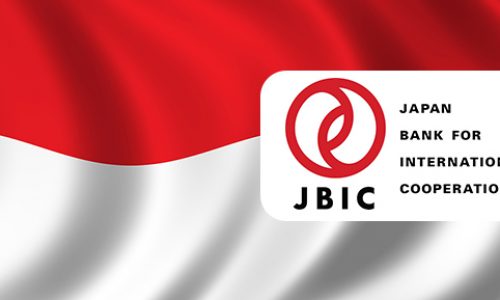Indonesia’s biggest taxi operator PT Blue Bird Tbk (BIRD) will expand its business by providing IDR 2 trillion (US$ 132 million) capital expenditure (Capex) to purchase 6,000 new vehicles in 2023.
The company’s founder Mutiara Siti Fatimah Djokosoetono first started running the taxi service in 1965. Seven years later, Bluebird’s 25 Holden Torana fleet became the first taxi which used an agrometer system for its payment. Since then, the company has expanded its business in various cities across the country. It has several well-known subsidiaries such as:
- PT Big Bird Pusaka with share ownership of 99.12%
- PT Blue Bird Pusaka (99.01%)
- PT Silver Bird (99.01%)
Capex for fleet rejuvenation
Blue Bird has realized its business expansion using its Capex, which mostly comes from the company’s internal fund and bank loans. Its 2022 Capex amounted IDR 1.2 trillion but the realization reached 70%.
“The 2022 Capex was not well absorbed because the supply of vehicles is still delayed,” CEO Sigit Priawan Djokosoetono said as quoted by kontan.co.id on February 9, 2023.
“We will buy 6,000 units to rejuvenate our fleet and also add vehicles. We have quite a lot of vehicles that need to be renewed,” he added. The company will buy 4,000 vehicles for fleet renewal while 2,000 others would add to the taxi line.
Djokosoetono also expressed optimism on the 2023 business prospect due to the higher mobility of taxi users following the government’s lift on public activity restrictions imposed during the COVID-19 pandemic.
Risks in taxi industry
There are certain risks that Blue Bird needs to adapt, such as:
- Competition with ride-hailing services: The growth of ride-hailing companies of Gojek, Grab, Maxim and In-Drive has led to increasing competition. The competitiveness may result in a decline demand for traditional taxi services and put pressure on Blue Bird to innovate and adapt to stay competitive. The company has worked with Gojek to include its service in the latter’s apps as well as providing Blue Bird apps for mobile phone users.
- Saturation in taxi services: The taxi industry in Indonesia, as well as in many other countries, is highly competitive and has reached a market saturation level in some areas. With many players vying for a share of the market, it can be challenging for taxi companies to grow and maintain profitability. This is due to factors such as increased competition for passengers, the growth of ride-hailing services and declining demand for traditional taxi services.
In such a competitive market, taxi companies should offer high-quality services, competitive pricing and convenient booking options. Additionally, they can explore new business models and partnerships with ride-hailing services to stay competitive and reach a wider customer base.









